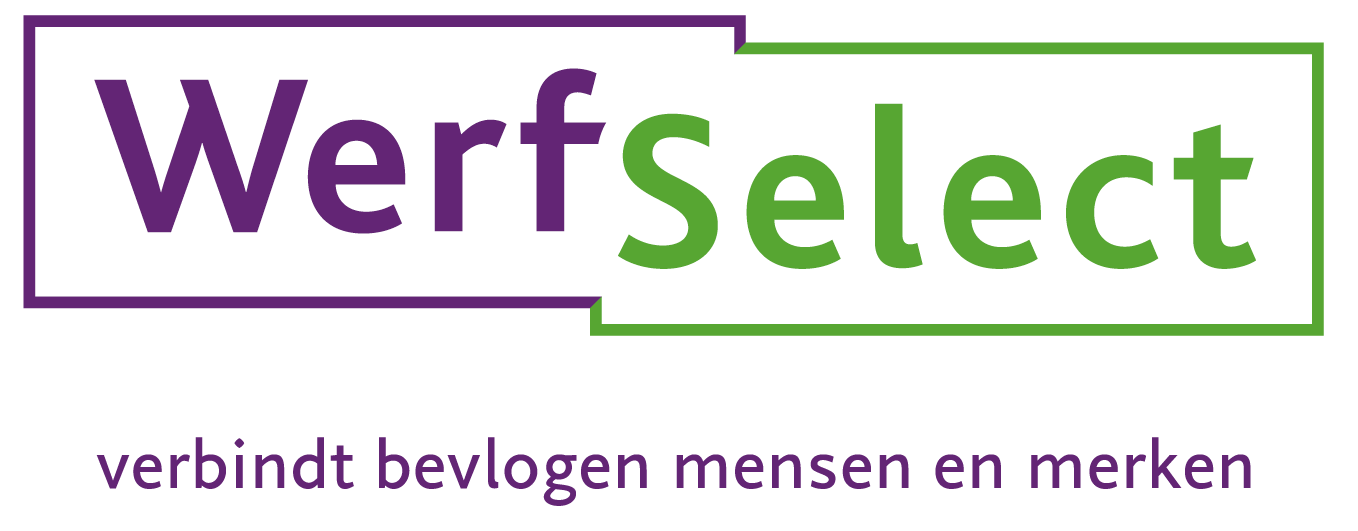The DBA Act is a topic that generates much discussion among self-employed workers and clients. But what exactly does this law entail and why was it introduced? Let’s take a closer look at this and explore the main aspects of this law.
What is the DBA Act and why was it introduced?
The DBA Act, or the Deregulation of Assessment of Labor Relations Act, was created to combat false self-employment. Sham self-employment occurs when a self-employed person should actually be considered an employee, but is not for tax reasons. The law aims to make clear agreements between clients and self-employed workers so that there are no more misunderstandings about the nature of their working relationship.
A major reason for the introduction of the DBA Act was the need for greater clarity and fairness in the labor market. Many self-employed workers were working under conditions that actually looked more like employment, leading to unfair competition and tax avoidance. This law should make the working relationship between clients and self-employed workers more transparent, ultimately strengthening the labor market.
What criticism is there of the DBA Act?
The DBA Act has received much criticism since its introduction. Self-employed workers and clients have expressed concerns about the complexity and enforceability of the law. A common complaint is that the law involves too much administrative burden, which can be a problem especially for small business owners.
In addition, there are legal and financial implications that critics cite. The regulations surrounding false self-employment can lead to uncertainty among self-employed workers who fear additional taxes or fines from the Internal Revenue Service. Clients may become more reluctant to hire freelancers as a result, which can negatively affect labor market dynamics.
How does the DBA Act affect the position of freelancers?
Freelancers face changes in their contractual arrangements due to the DBA Act. The law requires self-employed workers and clients to clearly document that there is no employment. This can lead to more red tape and uncertainty about their legal position.
In addition, the relationship with clients may change. Clients may be reluctant to hire freelancers for fear of back taxes or legal problems. This may result in freelancers being offered fewer assignments, which may affect their income security.
What are the alternatives to the DBA Act?
Several alternatives have been proposed to replace or modify the DBA Act. One option is to relax the rules and allow more room for customized arrangements between self-employed workers and clients. This could reduce the administrative pressure and make cooperation smoother.
Another alternative is to develop a new model in which self-employed workers receive more social security without losing their self-employed status. This would better protect them from the risks of false self-employment while maintaining the benefits of freelancing.
What are the future prospects for the DBA Act?
The future of the DBA Act is still the subject of political debate. There are voices advocating adjustments or even abolition of the law to make the labor market more flexible and fair. The government is currently looking at various options to improve the legislation and better suit the needs of both self-employed workers and clients.
In the coming years, we can possibly expect policy adjustments that will rebalance the labor market and clarify the relationship between freelancers and clients. It remains important for freelancers and clients to stay abreast of these developments so that they can respond to any changes in a timely manner.
When navigating this complex legislation, we at WerfSelect can support you. Our goal is to make the best match between talented professionals and organizations, taking into account all relevant laws and regulations. Together we can ensure a successful and transparent collaboration. Read more about this in our whitepaper.






